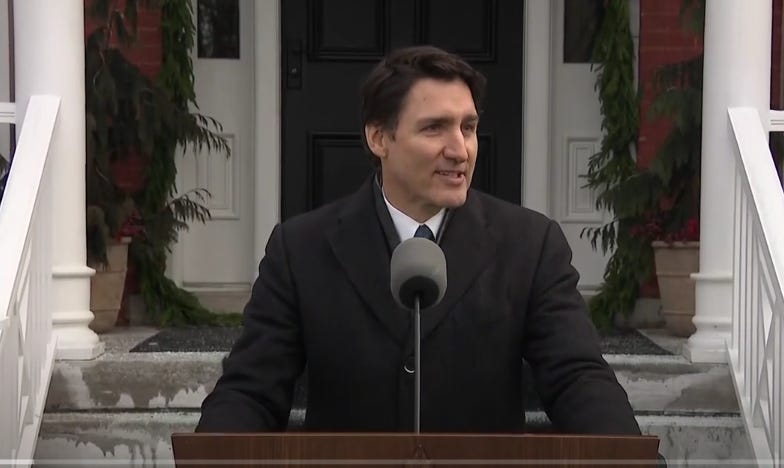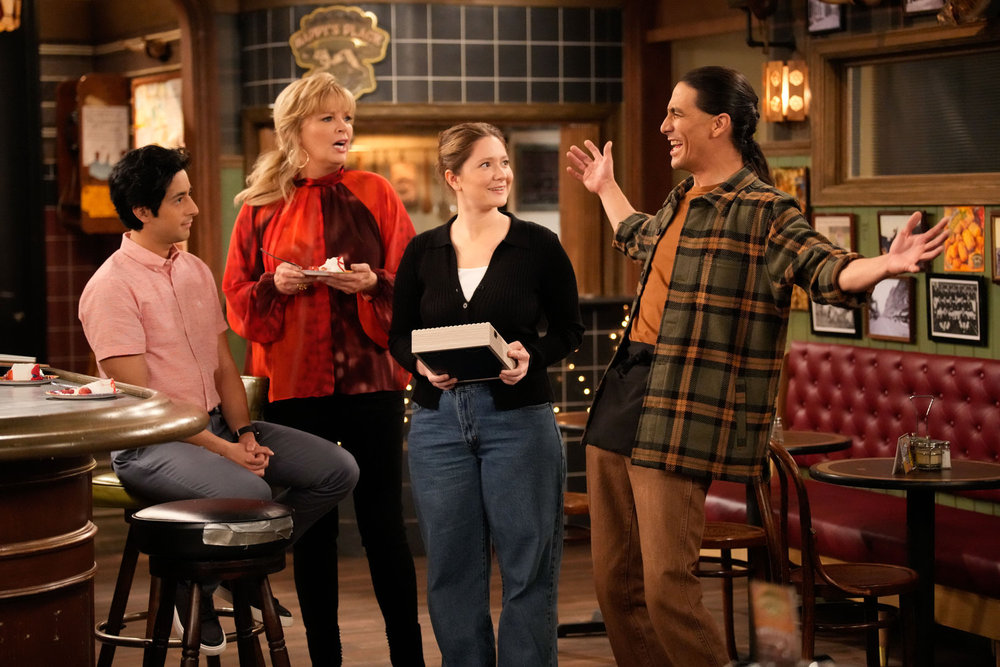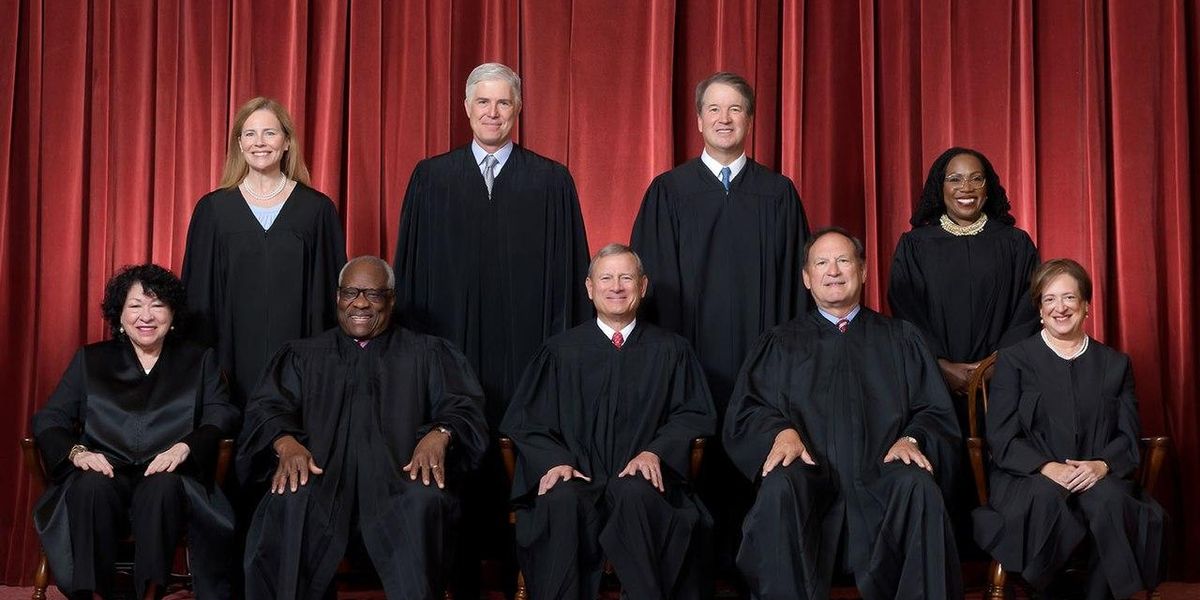On Wednesday, the Supreme Court heardoral arguments in Moore v. Harper, the case that threatens to destroy our entire democratic system.
And, well … it went better than expected! Only Neil Gorsuch went full balls to the wall to help out the Republicans on this one, though Samuel Alito and Clarence Thomas also had their moments.
Most importantly, the two “swing votes” for the purposes of this case, John Roberts and Amy Coney Barrett, seemed to be on the right side of this one. Though it should be lost on no one that the future of our democracy hinges on a man whose entire judicial career has been dedicated to eroding voting rights and a woman whom Donald Trump handpicked for the bench.
The Basics
This case is one of those increasingly common situations where the other side is so fucking stupid that it can be hard to adequately explain. It’s alternately called the “independent state legislature” theory, ISL theory, ISL doctrine, ISLD, or ISLT — but personally, I prefer Professor Melissa Murray’s characterization of it as “ independent state legislature fan fiction.”
The crux of the bullshit argument is that, because the US Constitution’s elections clause specifies that state legislatures are in charge of “the times, places, and manner of holding elections” in their state, state courts should never be able to overturn anything state legislatures do.
Yes, it is just as dumb as it sounds. If the Supreme Court adopted the broadest version of this theory, state legislatures could do everything from the most extreme gerrymandering to changing election results, with no chance of judicial review in their state’s courts.
Because this idea is so fucking ridiculous, it has never been taken seriously by serious people. Although then-Chief Justice William Rehnquist flirted with the idea in his concurrence in Bush v. Gore, the rest of the Court rejected it, and that was pretty much that. Before the fascists completed their takeover of the Supreme Court, this “independent state legislature” nonsense was considered fringe and not explored much. But, here we are.
At its heart, Moore v. Harper is a case about gerrymandering. After the Supreme Court, at the behest of Republicans, banned federal courts from hearing partisan gerrymandering cases in the 2019 case Rucho v. Common Cause, state courts became the only recourse for challenging undemocratic political maps. Now, the judicial wing of the Republican Party would like to stop that, too.
After the 2020 census, the North Carolina Legislature passed super gerrymandered redistricting maps. Citing the North Carolina constitution’s free elections clause, which says “all elections shall be free,” the North Carolina Supreme Court struck down the Legislature’s congressional maps as an unconstitutional gerrymander under their state constitution.
This is all relatively normal. A bunch of states have banned partisan gerrymandering, whether through ballot measures, legislation, or state supreme courts. State supreme courts have the final say over their state constitutions, not the US Supreme Court.
The results of this case could affect a whole lot more than just gerrymandering. If the Supreme Court says “Yeah, no state court judicial review for anything, go off,” state legislatures could act with impunity. It is not an exaggeration to say that this case is a potential democracy-ender.
Oh, and by the by, let’s not forget that most of the North Carolina Legislature’s argument hinges on … a fraudulent document.
(You can read more about Charles Pinckney’s fake document and how it relates to this case in this Mother Jones article.)
In a sane society, this is a case that would go nowhere.
But we don’t live in a sane society. We live in America, in 2022.
The Oral Argument
We already knew that at least four of the six rightwingers on the Court were on board with this wingnut theory, and yesterday’s oral arguments cemented that. All four of them embraced the theory in the run-up to the 2020 election; Kegs Kavanaugh was part of the Bush team that brought the absurd theory to the Supreme Court in the first place; and Clarence’s wife, Ginni, of course, used the theory to back her attempts to throw a coup.
That leaves us with the Court’s three badass liberal ladies (Sonia Sotomayor, Elena Kagan, and Ketanji Brown Jackson) … and John Roberts and Amy Coney Barrett.
For three hours, lawyers Neal Katyal, Don Verrilli, and US Solicitor General Elizabeth Prelogar schooled the Court on both law and history, while on the other side, representing the North Carolina Legislature (itself gerrymandered to hell and back), a smug David Thompson at least managed to present his argument with a straight face.
The argument was an excellent demonstration of just how stupid this case is. The attorneys arguing in favor of democracy repeatedly showed how history, law, and common sense all say, “No, this is not a thing and it should never be a thing.”
Meanwhile, even with the softballs lobbed at him from Alito, Gorsuch, and Thomas, Thompson’s attempts to answer questions about his “independent state legislature” theory only muddied the waters even more. Though to Thompson’s credit, it can be quite difficult to argue in favor of something so obviously and mind-numbingly absurd.
A lonely nation turns its eyes to John Roberts and Amy Coney Barrett
As expected, at oral argument, Chief Justice John Roberts did not appear to be a fan of the batshit theory — and this is not because John Roberts is a big proponent of democracy. Let’s not forget that Roberts is the man who literally wrote some of the worst voting rights cases of our time: Shelby County v. Holder (overturning nearly 50 years of precedent and ignoring all of American history to strike down Section 5 of the Voting Rights Act and make it even harder for Black people to vote) and Common Cause v. Rucho (prohibiting federal courts from stopping even the most undemocratic and egregious of partisan gerrymandering).
But there are two things John Roberts cares about: how he will be seen by history and the legitimacy of the Supreme Court. He knows that history will see him as the Chief Justice who presided over the US Supreme Court’s loss of legitimacy in the eyes of its citizens and the rest of the world — and he absolutely hates it.
Roberts’s remarks yesterday seemed to cement that he has no interest in making this fringe theory the law of the land. Roberts asked Thompson how this theory fits into cases that have long upheld state court judicial review of election laws and why, under his fan fic theory, it was acceptable for a governor to veto laws passed by a state legislature but not for a court to overturn them. After all, a governor is not a legislature, either.
With Roberts seemingly on the right side of this one, we must now turn our eyes to none other than Amy Coney Barrett.
I will say this: Yesterday, Amy Coney Barrett looked to be on the right side of this one. She seemed very skeptical of the North Carolina Legislature’s argument. She went back and forth with Thompson over his absurd idea that some gubernatorial vetoes of election-related laws would be allowed and others wouldn’t, noting that “as a former civil procedure teacher, I can tell you [this] is a hard line to draw[.]” She also remarked that the fan fiction theory was “not so much grounded in the text” of the Constitution, which for her is a pretty sick burn.
The rest of these fucks
For the most part, the other justices were characteristically themselves.
Others have remarked on Justice Kegstand not asking completely batshit insane questions the entire oral argument, to suggest that he may end up on the right side of this one. After I stop laughing, I will remind them that not only did he help push this theory to the Supreme Court the first time around as one of George W. Bush’s lawyers in Bush v. Gore, but he also endorsed it from the bench two short years ago.
At one point, #worstjustice Samuel Alito asked,
“What is the check on an appointed state supreme court? Suppose a state supreme court, the justices of the state supreme court had the same protection against removal and all of the other protections that federal courts do. What is the check on them?”
I don’t know about you, but I, for one, am thrilled that Samuel Fucking Alito is suddenly concerned about checks on unelected judges.
But Neil Gorsuch was the one who really took yesterday’s argument as his time to shine. In preparation for the hearing, Gorsuch apparently drank ALL the Kool-Aid, coming prepared to fight for his right to destroy our democracy. Even more so than Alito and Thomas, Gorsuch argued the case on behalf the North Carolina Legislature’s lawyers.
Confusingly and repeatedly, Gorsuch tried to argue that this theory, which has never, not once been accepted by the Supreme Court … is what stops states from only counting Black people as three-fifths of a person. Because the absence of judicial review generally results in great civil rights victories.
As with many parts of this case, I have no way of explaining this in a way that makes any sense at all, so I will let Elie Mystal have this one.
The sane wing
The sane wing of the Court, naturally, was in fine form. They used history and originalism to demonstrate why this is completely ridiculous. Because it is!
After one particularly bloviating response from Thompson, Justice Sonia Sotomayor remarked, “Well, it seems that every answer you give is to get you what you want, but it makes little sense.” Well said.
Justice Elena Kagan brought some honesty rarely seen from the bench. While Thompson argued that the North Carolina supreme court had engaged in policymaking in its earlier opinion, which courts are supposed to leave to legislatures, Kagan noted that “every single one of us on this bench has written opinions at times, you know, saying that other judges … have engaged in policymaking rather than in law. And, I mean, it’s just sort of one of the things that judges say when they really disagree with another opinion.”
And Jackson honed in on an important and often overlooked piece of this case — without a state constitution, there is no state legislature at all. “[T]he lawmaking authority of the entity in question comes from the state constitution” — and that the entire argument the NC Legislature is making is premised on the fact that a state’s legislature is allowed to violate its state constitution.
What’s next?
Now, I am not, by any means, confident in a democracy-saving verdict in this case. Although other smart people, like Vox’s Ian Millhiser and Slate’s Mark Joseph Stern, seem more confident in a decent outcome, I am a woman living in a post-Roe America, and I simply can’t be. I am ever cognizant of the fact that we live in a country with a fascist high court — and that we are relying on John Roberts and Amy Coney Barrett to save our country.
That said, yesterday’s oral arguments went much better than I had feared. If yesterday was an accurate showcase of the justices’ feelings on this case, they might actually save us this time, at least from the worst of it. But that’s a big “if” — and Barrett, in particular, will often ask smart questions but still end up on the wrong side.
There is also a very real possibility that the Court will reject the most extreme part of the “independent state legislature” theory but still allow some federal review of state supreme court election law decisions. While not nearly as democracy-ending as a full embrace of the “independent state legislature” nonsense, this is still a dangerous possibility. As Ian Milhiser writes,
This Court has a history of announcing that it isgiving itself a vaguely defined new power to intervene when it doesn’t like something that another arm of government has done, and then using that power in ways that appear partisan or ideological. So it is concerning that the justices appear willing to give themselves a new power to decide at least some disputes over state election law.
So that wouldn’t be great, either.
That said, even with my post-2016 eternal pessimism, yesterday’s oral argument went about as well as it could have.
HOWEVER, that doesn’t mean we should stop paying attention to this case and the dangers it poses. It’s as important as ever that we keep sounding the alarm about just how horrific the outcome could be.
Pretend as they might that they live in a vacuum, separate even from their spouses’ attempts to overthrow the government, that’s not reality. Judges, even Supreme Court justices, are still people. (We think. Jury’s still out on Alito.)
[Oral Argument Audio & Transcript ]
Still on Twitter? Follow Jamie!









































































